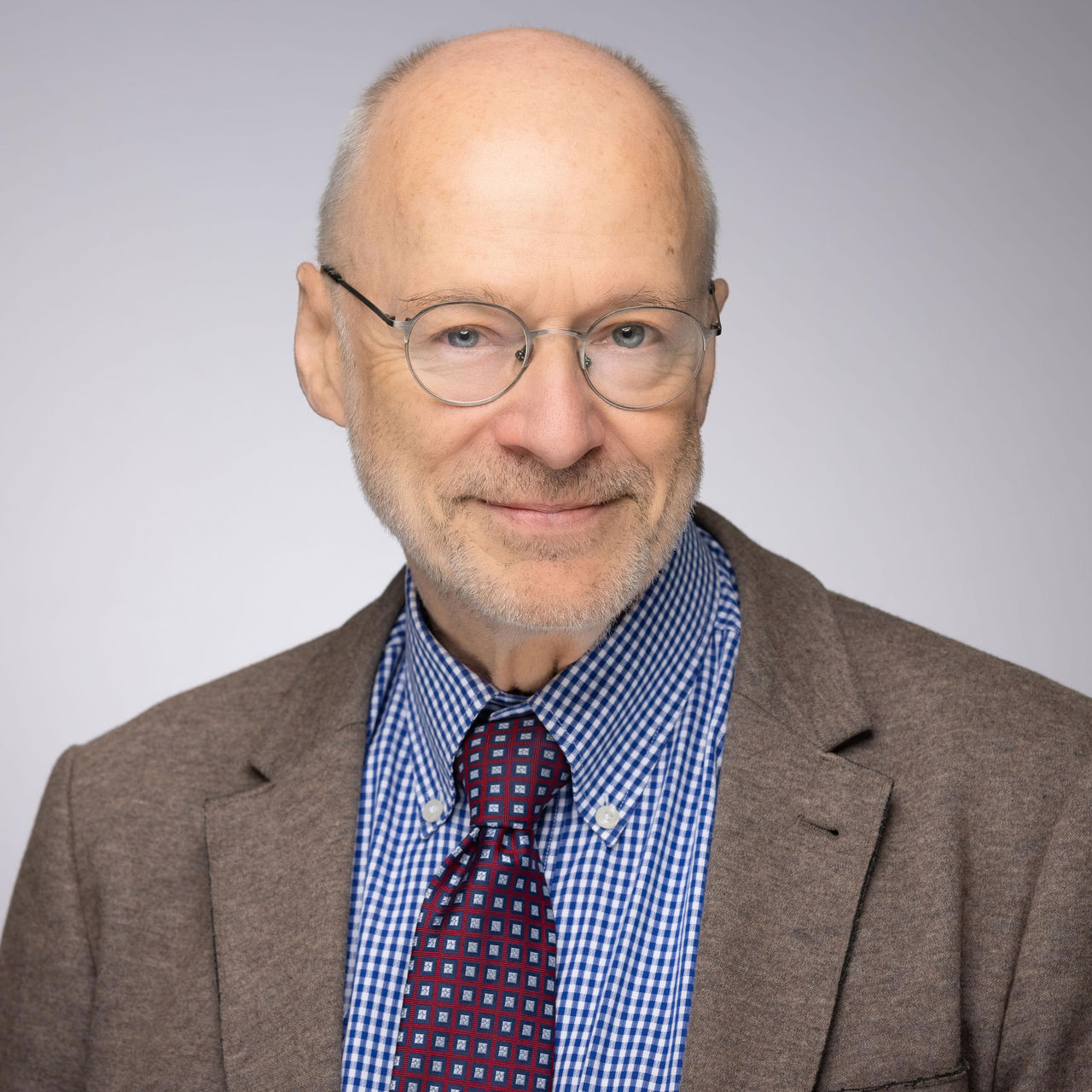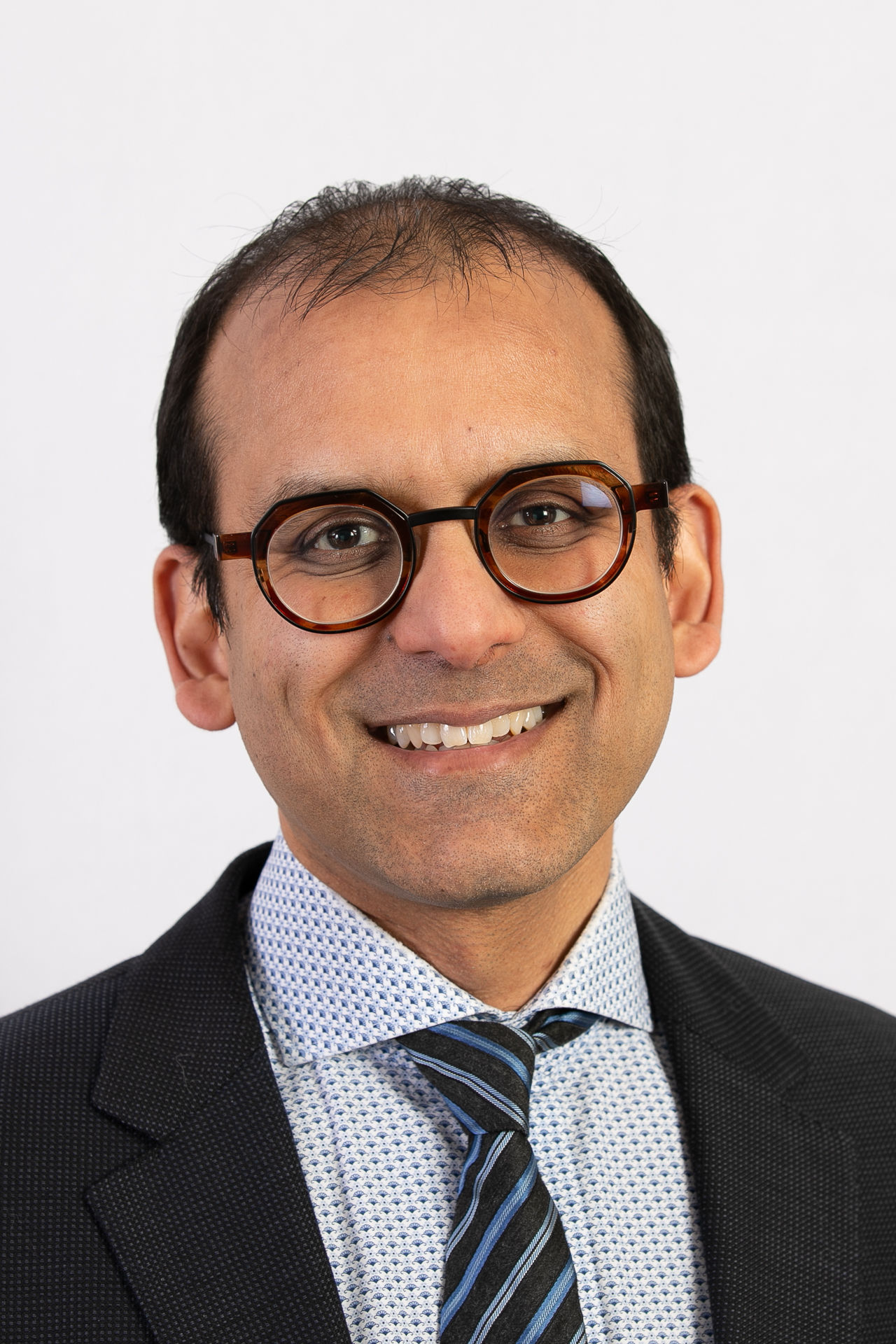- My MOC
- Directory
Menu
 3 MIN READ
3 MIN READ
Meet this year’s recipients of the Duncan Graham Award for Outstanding Contribution to Medical Education and the AMS Donald Richards Wilson Award for CanMEDS Integration:
In this time of rapid technological advances, Donald Boudreau, MD, FRCPC, CSPQ, is a champion of the human side of medicine. The pulmonary specialist, an associate professor and scholar in the Institute of Health Sciences Education at McGill University, is the recipient of the 2025 Duncan Graham Award for Outstanding Contribution to Medical Education.

Dr. Donald Boudreau (submitted photo)
“Throughout his distinguished career, Dr. Boudreau has demonstrated visionary leadership, unwavering commitment, and a transformative influence in the field of medical education,” say McGill colleagues Lesley Fellows, MD, FRCPC and Elizabeth Anne Kinsella, PhD. “His work in educational scholarship, educational leadership, and as a medical educator and mentor has redefined the medical education landscape at McGill University and shaped the global discourse on medical education. Dr. Boudreau’s contributions have laid a philosophical, theoretical and practical foundation that continues to inspire and elevate medical education curricula worldwide.”
Dr. Boudreau says there’s a “natural tendency” in medicine to let science take over and relegate humanism to the role of “second fiddle.” This approach, he argues, can lead to serious challenges, like the worrisome trend of people turning exclusively to artificial intelligence for medical diagnoses.
“We have a tendency to think that it is scientific methods that do the bulk of clinical work,” he says. “But it isn't only science. The doctor-patient relationship and clinical virtues are of paramount importance. We have to constantly remind ourselves that the personhood of the doctor and the personhood of the patient are at the centre.”
He understands the need to support the moral development of students through the teaching of behaviours and attitudes, in addition to traditional curriculum, said the late Abraham Fuks, C.M., MD, FRCPC, a McGill colleague prior to his passing in late 2024. “He initiated our Physicianship program that spans the curriculum and intertwines the two cardinal strands of Professionalism and Healing."
"Dr. Boudreau's innovations are now inspiring a new generation of faculty members to seek a career path in medical education akin to the traditional career paths in basic research and clinical epidemiology,” said Dr. Fuks. “His success is encouraging others to follow.”
That following stretches around the globe.
“Throughout his career, Dr. Boudreau’s work has addressed fundamental questions underlying the education of physicians: What is good medicine? How do good physicians think, feel and act? How can doctoring best be taught and learned?” says Edvin Schei, PhD, professor of family medicine and medical education at the University of Bergen in Norway.
Dr. Boudreau is lead author of the textbook, Physicianship and the Rebirth of Medical Education.
Sacha Agrawal, MD, FRCPC, associate professor in psychiatry at the University of Toronto and a staff psychiatrist and clinician educator at the Centre for Addiction and Mental Health (CAMH), is this year’s recipient of the Royal College’s AMS Donald Richards Wilson Award for CanMEDS Integration.

Dr. Sacha Agrawal (submitted photo)
Colleagues laud Dr. Agrawal’s innovative contributions to integration of the CanMEDS roles in three notable areas: renewal of the PGY3 Severe Mental Illness curriculum, co-development of a rotation for underserved and marginalized populations, and including mental health service users as educators.
“I really like the CanMEDS roles because they provide conceptual clarity to what it is we do and why, and what's within the scope of legitimate doctoring,” Dr. Agrawal says. “They make it really clear to everyone – learners, faculty, patients – that this is part of what we do; this is what it means to be a good doctor.”
His work in curriculum renewal advances all seven CanMEDS roles. For example, it reinforces the medical expert role by applying education science to help residents develop adaptive expertise so they can solve the complex and ambiguous problems of today and tomorrow.
This work also contributes to the professional role, “by instilling a deep sense of responsibility, ethics and commitment to lifelong learning,” says Sanjeev Sockalingam, MD, FRCPC, vice chair and professor of Psychiatry at the University of Toronto.
Dr. Agrawal co-developed and implemented a transformative rotation for Psychiatry residents, focused on providing care to underserved and marginalized populations.
“This rotation fosters residents’ abilities to engage in recovery-oriented, person-centered care, emphasizing the importance of understanding patients’ strengths and supporting their autonomy,” says Dr. Sockalingam. “For instance, while visiting patients in their homes, residents learn about the critical role safe housing plays in mental health recovery.”
“We pay attention to [health equity issues] in terms of access to care, how we work with people and the treatment decisions we make. We try to make visible the impact of social forces like stigma, poverty, racism and colonialism, so we can support all our patients in accessing good mental health care,” says Dr. Agrawal.
By meaningfully integrating patients as educators within health professions education, Dr. Agrawal gives learners an opportunity to better understand what patients go through in their recovery journeys and how they can be better supported.